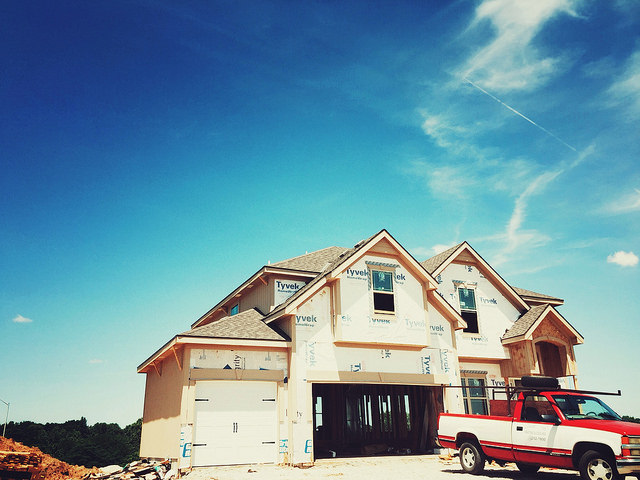When you buy a house, you’re also buying the surrounding neighborhood. And, depending on your lifestyle and wishlist, the neighborhood may be even more important to you than the actual home you’re buying. After all, most of your life happens outside your home. So your proximity to schools, shopping, healthcare, recreation, and nature will have a large effect on how much you enjoy living in a particular house. In short, finding your dream house in the wrong neighborhood could make it a nightmare. Unconvinced? Well, a recent survey of Americans found large majorities who said the feel of a neighborhood was important when deciding where to live. In fact, 80 percent said the surrounding neighborhood had to fit their personality and an almost equal amount said they’d consider moving if they found they didn’t like their new neighborhood. In other words, when shopping for a new house, be sure to spend as much time considering the area around it as you do the areas inside it. It could even work out to be a better idea to find a smaller house in a great location than a big house somewhere you may grow to dislike. More here.













